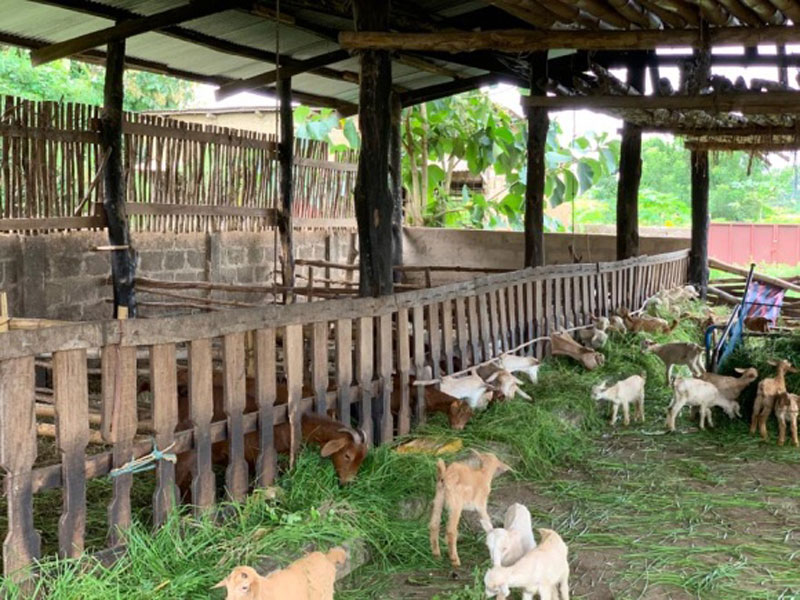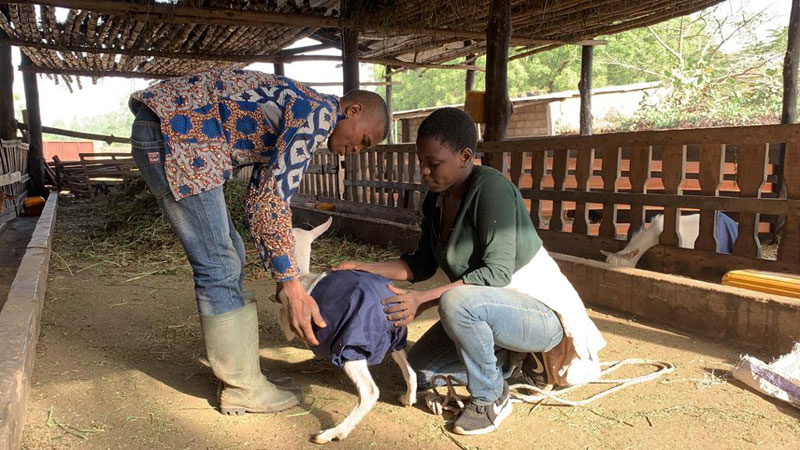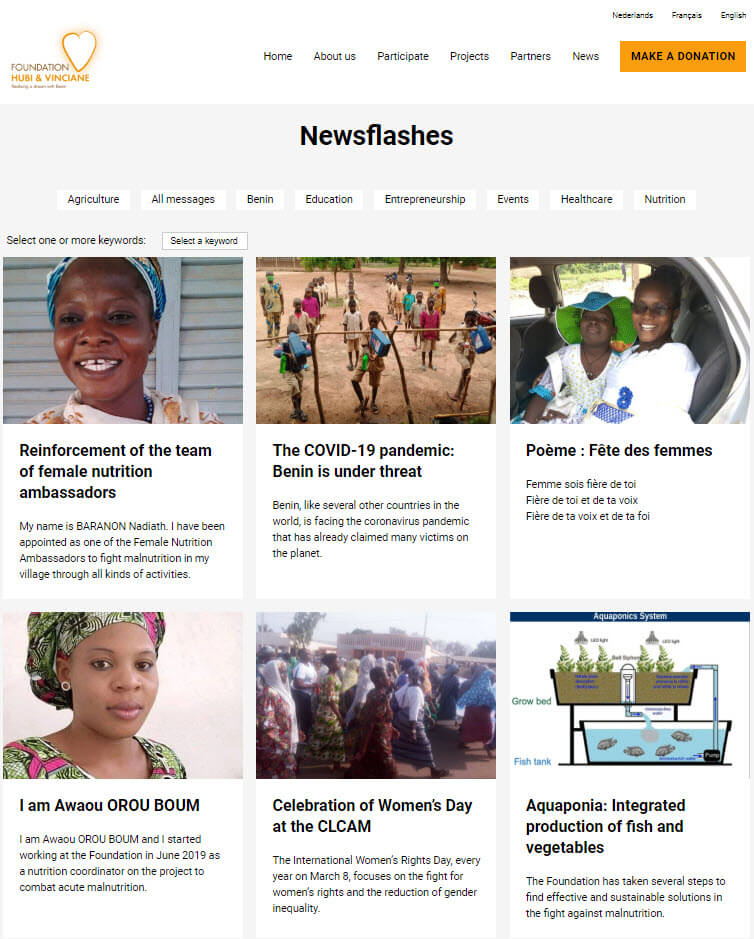Consumption of goat’s milk in Benin: an avenue being explored
In Benin, food is very diverse and is part of its cultural heritage. It differs from one ethnic group to another and from one region to another.
Food is also strongly influenced by the main activities of an ethnic group. In the northern part of Benin, for example, where agro-pastoral activities are predominant (agriculture and livestock farming), the consumption of foods of animal origin such as cow’s milk is rooted in dietary habits. This population usually consumes fresh milk, cheese and some other milk-based products such as yoghurt and powdered milk.
The agro-pastoral farm of SOKOUNON contributes to the improvement of the population’s diet in terms of consumption of dairy products. Thanks to its dairy goat breeding programme, it can produce yoghurt and make it available to the community.
In general, animal milk is the only food that contains almost all the nutrients. It is also recognized as the primary source of calcium. Goat’s milk, in particular, provides fewer carbohydrates, fats and growth factors, making it closer to human milk and more suitable for human consumption than cow’s milk.
The transformation of milk into yoghurt is a process that improves the nutritional and organoleptic quality of the milk. The fermentation that takes place during the production of yoghurt increases the content of certain nutrients (the B-complex vitamins) and the bioavailability of others.
The farm implements various strategies for the development and visibility of the dairy goat breeding industry. Every year, the farm welcomes about forty trainees from high schools and other training centres for a series of practical training courses in the various domains developed on the farm.
The consumption of goat’s milk is gradually becoming part of the population’s diet. There is a growing demand for yoghurt made of goat’s milk.



